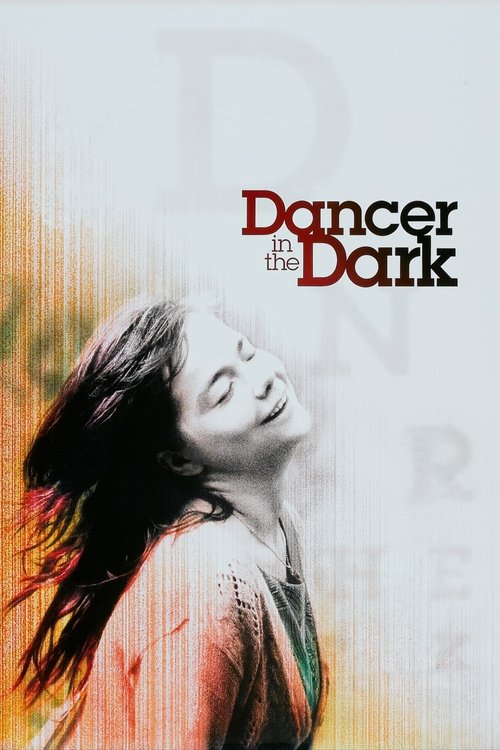
2022
Brainwashed: Sex-Camera-Power
Documentary, Drama, Crime
6.0
User Score
31 Votes
Status
Released
Language
en
Budget
$0
Production
Menkesfilm
Overview
Investigates the politics of cinematic shot design, and how this meta-level of filmmaking intersects with the twin epidemics of sexual abuse/assault and employment discrimination against women, with over 80 movie clips from 1896 - 2020.
Review

Geronimo1967
6.0
It looks like there was quite a bit of Disney family backing for this occasionally quite insightful look at the roles of women in cinema over the decades, but unfortunately Nina Menkes chose to use a lecture as the template for her message and the ensuing delivery is probably more notable for it's sweeping generalisations than it is for any potent points it wishes to make. Her message about the historical objectification of women at the hands of largely (heterosexual) men drags in far too many films and genres without really detailing just who was directing what - on screen or from the office. Nor, indeed, does it begin to address that many of these men would have been facing a considerable degree of sexual repression of their own - and a legal one, at that, as they made their films. The simplicity of many of the statements aren't backed up by any of the actors or directors providing comment - contemporary or archive - on why they chose to make films that may or may not have compromised their actor's sexual and/or artistic integrity. The likes of Katharine Hepburn, Bette Davis, Greta Garbo and Marlene Dietrich were, to an extent, made by their male directors and producers but would anyone argue that they compromised their identity to become stars? If so, then was this because of a male dominated studio system or maybe because that's what the wider American - this documentary doesn't attempt with any weight to look at the far more interesting European cinema environment - public actually wanted. To what extent are any of her assertions, and those of her assembled collection of academics and C-listers, taking into account the market for which these works are intended. Again, there's no redress for the cinema going punters. Great detail is gone into about the sexualisation of the female body, of violence - physical, psychological or implied; but again we have no input from the directors or the writers who created these images and characters to explain any rationale. Nor do we really hear about the motivations from the participators who needed the work, wanted the fame, wanted the money, or who didn't see any of it as prurient or exploitative at all. It's the very one-sided earnestness that disappoints. Balance wouldn't necessarily have diluted the thrust, but it might have illustrated far better the intricacies both commercial and personal of an industry as riddled with flaws and inconsistencies as the society it serves.
Read More 



